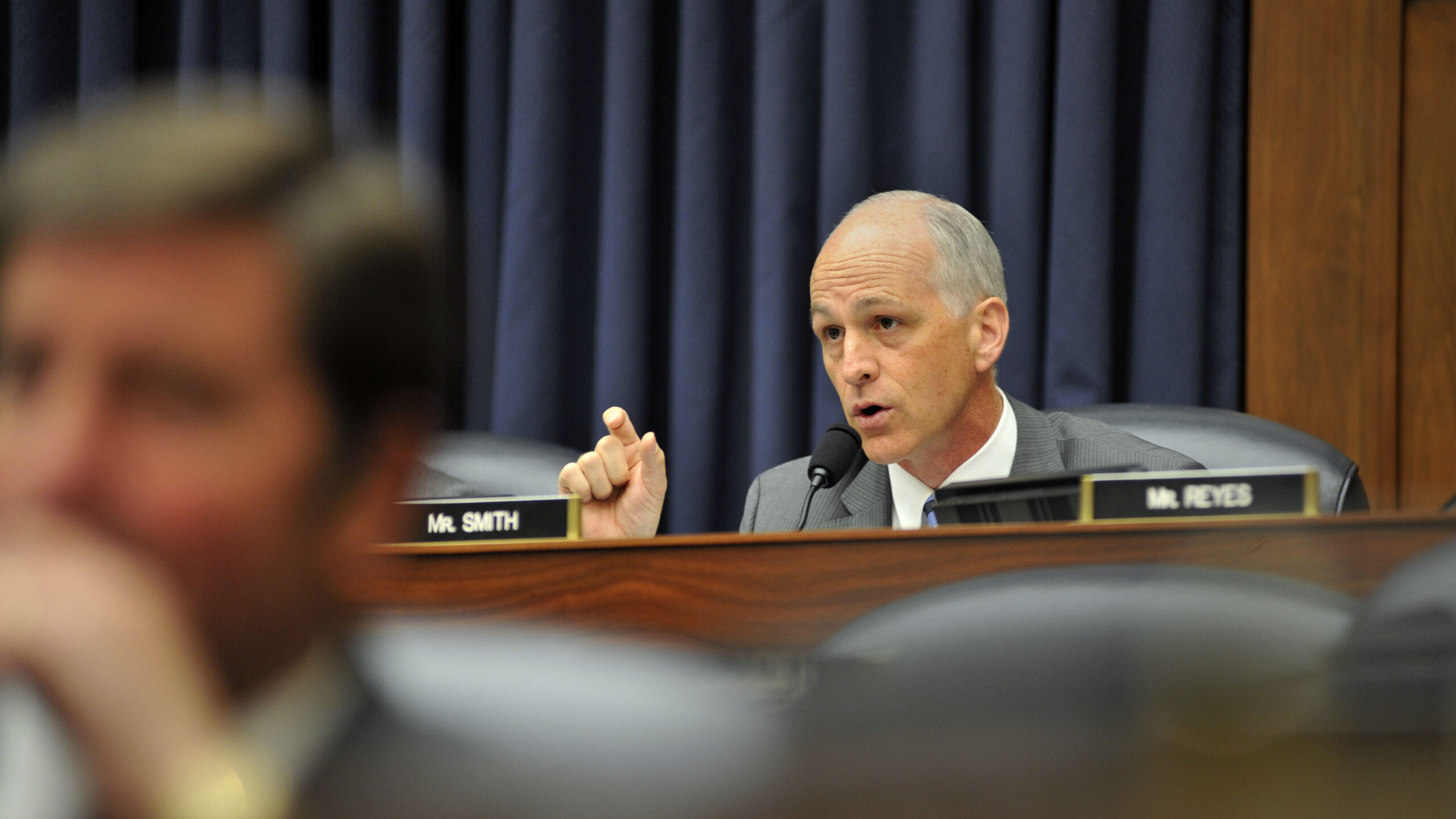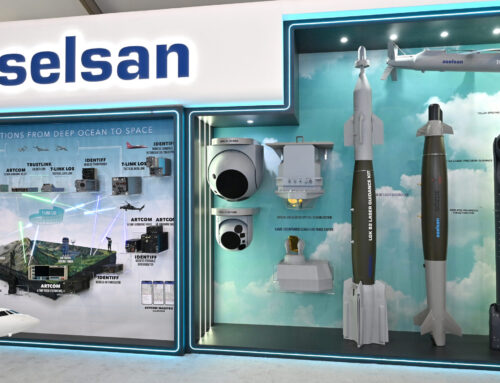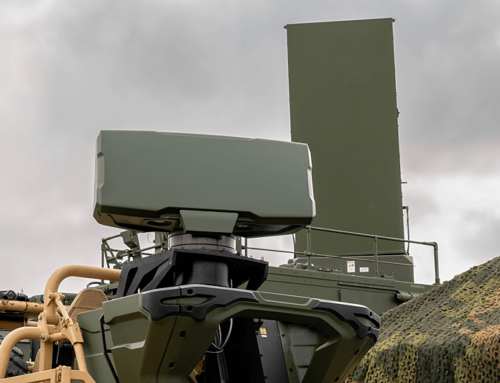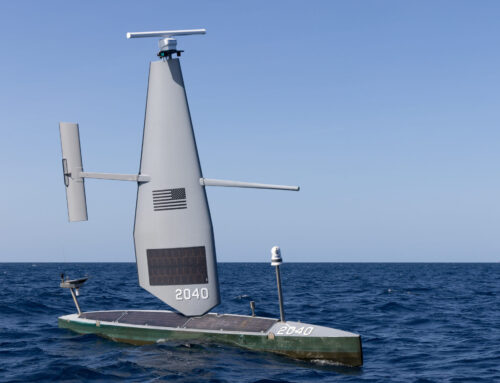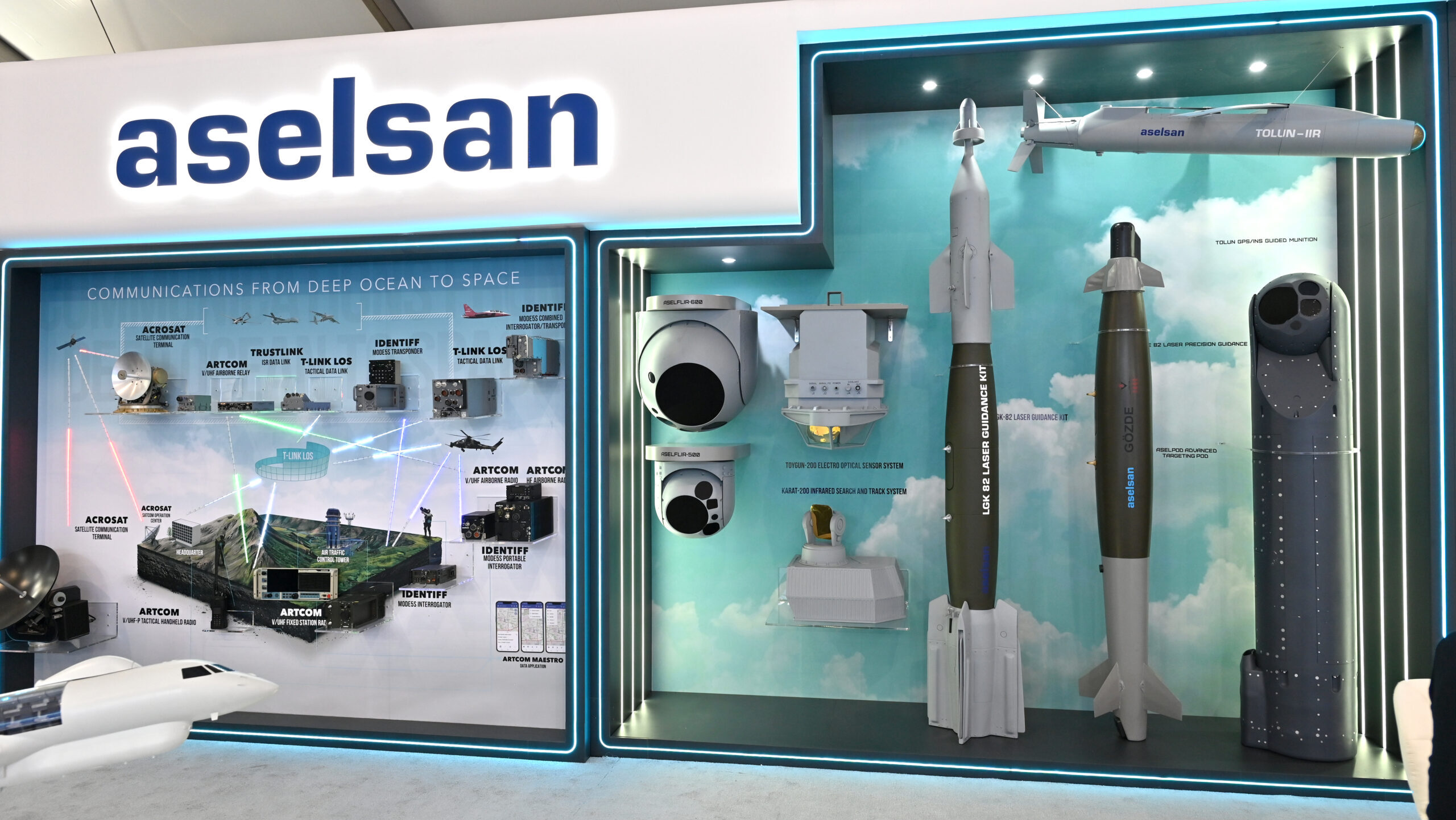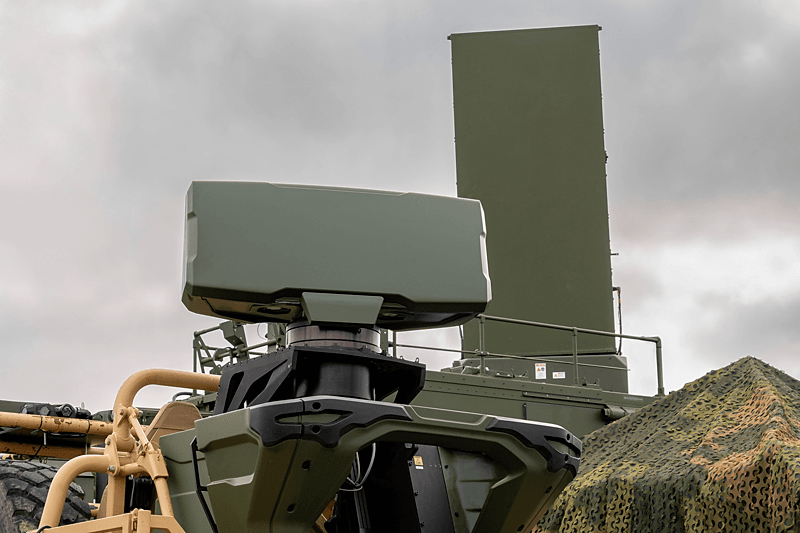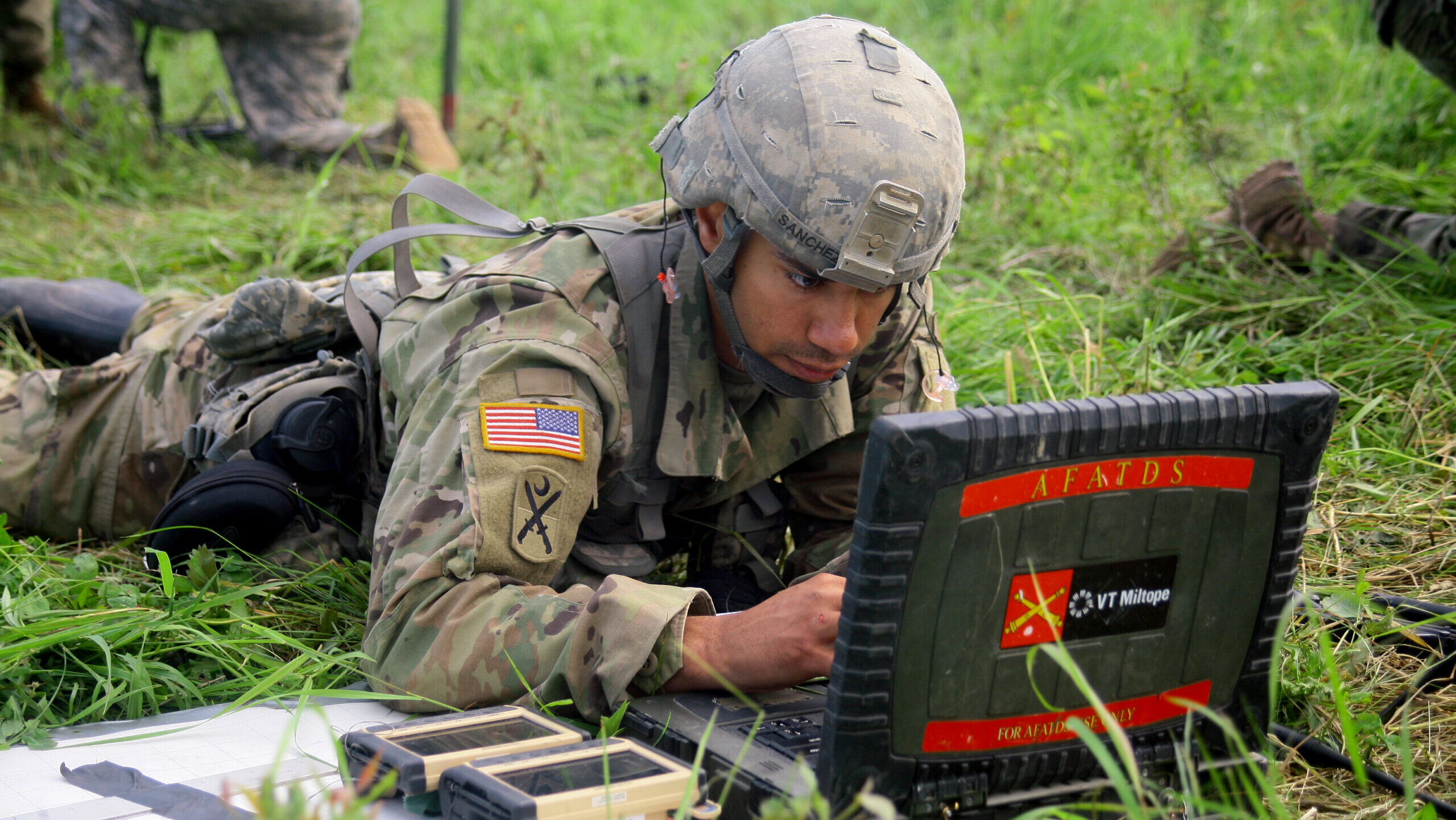U.S. Rep. Adam Smith of Washington, the ranking member of the House Armed Services Committee, questions Deputy Secretary of Defense Ashton B. Carter, not shown, as Carter testifies during a hearing of the House Armed Services Committee on Sequestration Implementation Options and the Effects on National Defense: Administration Perspectives Aug. 1, 2012, in Washington, D.C. (DoD photo by Glenn Fawcett/Released)
WASHINGTON—The top Democrat on the House Armed Services Committee would like to see a Kamala Harris administration tackle defense innovation, honing in on how the Pentagon can speed up the purchase of emerging technologies, he said today.
“I’d like to see in a Harris administration, a commitment to the innovation reform agenda at DoD,” said Washington Rep. Adam Smith during The Hill’s future of defense conference.
“That really has, I think, stalled a little bit since Ash Carter left, frankly,” he said, referencing Obama-era Defense Secretary Ashton Carter, who made interfacing with Silicon Valley and harnessing commercial technology a priority during his tenure.
Smith’s statements could carry some weight with a future Harris White House, as he is the forerunner to take over the House Armed Services Committee if the Democrats take back the House in November elections.
Asked about his agenda if named HASC chairman next year, Smith — who previously led the committee from 2019 to 2022 — said “number one” is to induce the Defense Department to more rapidly adopt critically-needed technologies, especially in the realm of secure communications, information systems, drones and counter-drone tech, missiles and missile defense
“How do we speed up that process?” he said. “Overlaying all of it is, get DoD to be better at buying software. And we’ve got a lot of different ideas for how do we do that.”
Other key areas of focus would include personnel-related initiatives — the priority of the HASC’s FY25 National Defense Authorization Act provisions — as well as building on the AUKUS agreement to improve defense cooperation with other allies and partner nations, Smith said, adding that those priorities will likely remain the same regardless of whether he or current chairman Rep. Mike Rogers, R-Ala. leads the committee next year.
Earlier this week, HASC members traveled to Silicon Valley for a hearing on defense innovation and fielding technology — the first field hearing the committee had conducted in 40 years, Smith said in opening comments for the hearing. Lawmakers heard testimony from executives at defense startups including Palantir, Saildrone, Skydio, Shield AI and Applied Intuition.
During today’s event, Smith added that his intent was not to “pick nits” about current Pentagon leadership, noting that the wars in Ukraine, in Gaza and other geopolitical issues had directed department interest away from defense innovation.
“What [Defense] Secretary [Lloyd] Austin has been really good at is building coalitions,” he said. “They’ve been busy. But I do think that we’ve lost that central focus on how to change the way the Pentagon does business so it can move more quickly in buying software and new technology.”
The Countdown On Federal Spending
Congress has little more than a week to pass a stopgap bill to fund the government before money runs out at the end of Sept. 30. Last night, the House voted down a continuing resolution — named because it maintains government funding for a new fiscal year at the same level as the previous one — in a 202-220 vote.
A total of 14 Republicans, including Rogers, voted against the draft CR helmed by House Speaker Mike Johnson. The proposed bill would have extended government funding through March, adding about $2 billion for submarines as well attaching a controversial voter ID bill.
“I thought of it as sort of fanatic-on-fanatic violence,” Smith said. “You had one group of people who were insisting that we had to have this ridiculous anti voting law and a six month CR. You had another group of people insisting, no, we have to dramatically slash the budget. They couldn’t even get on the same page.”
The Senate will probably vote on its own version of a CR bill, filed by Senate Majority Leader Chuck Schumer, sometime next week, said Nebraska Sen. Deb Fischer, the top Republican on the Senate Armed Services strategic forces subcommittee.
Fischer said she would be supportive of a shorter CR bill that does not extend into calendar year 2025.
“I would like us to be able to address the needs we have in this current year, get it done before the end of the year, so no matter who wins the presidency, we can start moving ahead and start planning for what we need soon as possible in January,” she said.
Virginia Rep. Rob Wittman, the No. 2 Republican on HASC, said the most likely outcome is a CR with very few funding exceptions or additions that extends until some time in December.
“I think we have to get something done fairly soon — that would be by the middle of next week,” he said. “If the House doesn’t, I think the Senate is going to act, and the Senate will send over theirs.”


